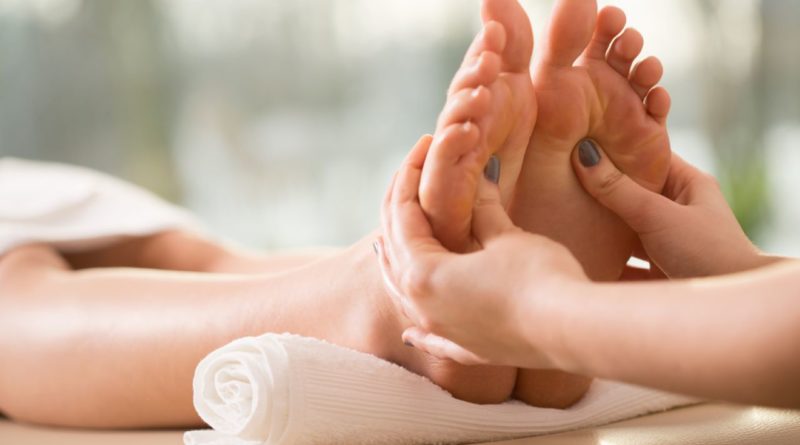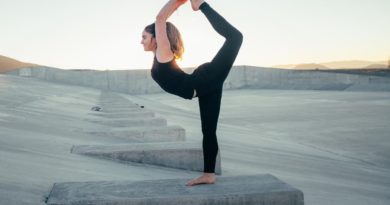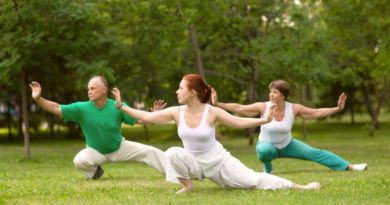All About Reflexology Courses
Considering a Reflexology Course?
If you want to learn more about the world of reflexology, it is a great idea to do a reflexology course. A reflexology course will provide you with all the skills and knowledge required to perform the role successfully. It can be a very rewarding job too since you get to help people relieve their pain and improve their health. The good news is there are tons of reflexology courses currently available.
What is Reflexology?
Reflexology is a kind of massage that involves applying different amounts of pressure to the hands, feet and ears. It is based on the theory that these body parts are connected to specific organs and body systems. People who practice this technique are referred to as reflexologists. People in the profession believe that applying pressure to these different body parts offers a range of health benefits.
A History of Reflexology
Modern reflexology is based on an ancient form of therapy. There is evidence of some kind of foot and hand therapy being practiced in China as long ago as 2330 BC and also at the same time in Egypt, as depicted in the tomb of Ankmahor. The North American tribes of Indians are known to have practiced a kind of foot therapy for hundreds of years.
Reflexology rests on the Chinese belief of vital energy. According to this belief, vital energy flows through each person and when a person feels stressed, their body blocks vital energy. This can result in an imbalance in the body which can lead to illness. The point of reflexology is to keep vital energy flowing through the body, keeping the body balanced and disease free.
It is inspired heavily by Chinese medicine which sees different parts of the body as corresponding to different pressure points on the body. Reflexologists use maps of these points in the feet, hands and ears to determine where the pressure should be applied. Reflexologists believe that their touch sends energy flowing through a person’s body until it reaches in the area in need of healing.
The practice has been linked to many potential benefits. Some benefits people who have had reflexology report are: reducing anxiety and stress, reducing pain, lifting a person’s mood and improving well-being. In addition to boosting immune system, helping people to get over colds and bacterial infections, clear up sinus issues, recover from back problems, correct hormonal imbalances, boost fertility, improve digestion, ease arthritis pain and treat nerve problems.
Areas of Study
Although different courses vary, there are a few things you can expect to learn in all reflexology courses. You can expect to learn about how reflexology works, the history and theory of reflexology, the effects of reflexology, the benefits for common ailments and conditions, how to read the feet, anatomy and physiology, how to do a full reflexology treatment, hand reflexology, client care and professional conduct and energy management and protection where you will learn about chakras. Some courses will cover more of these topics; however, these modules are what you can expect to learn about when doing a reflexology course. If you want to know the exact modules, get in touch with the course provider.
Career Opportunities
Upon completing of a reflexology course, you can become a reflexologist in a salon, leisure centre or spa. You could also open your own reflexology business. In addition, there is opportunity to progress by doing additional courses in related fields such as beauty therapy, aromatherapy and massage. Doing additional courses in the related field will open up even more job opportunities and enhance your CV.
If you’re serious about doing a reflexology course, check out courses near you in the Nightcourses.co.uk national course finder.




